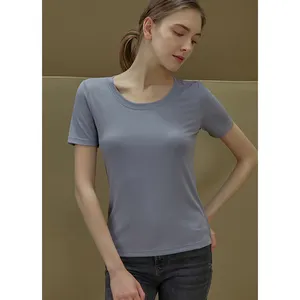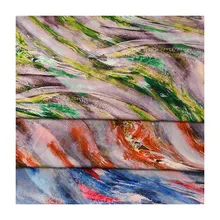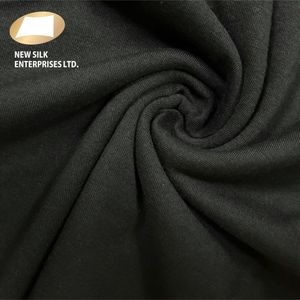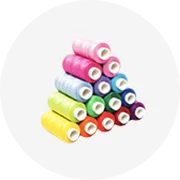Navigating Alibaba.com reveals a diverse range of polyester-cotton blend fabrics, catering to various business needs. Among these, the 60/40 polyester-cotton blend stands out for its versatility. This particular blend is represented in several forms, from plain dyed to twill fabric, highlighting its adaptability for different applications. For instance, the blend is available in a twill fabric that is suitable for work clothes, showcasing the fabric's durability. Additionally, the 60/40 blend is featured in stock lot textiles, indicating availability for immediate shipment, which is crucial for businesses with tight deadlines.
The platform also lists specialized options such as the 60/40 blend in a camouflage pattern, waterproofed for outdoor use, and a plain dyed poplin that is ideal for uniform manufacturing. This demonstrates the fabric's functionality across various sectors, from fashion to industrial use. For businesses looking to source this blend, Alibaba.com provides a straightforward way to connect with suppliers offering customization services. This includes options for different colors and patterns, ensuring that the fabric meets specific business requirements.
Moreover, the presence of ready-to-ship products like the T200 white polyester-cotton blend fabric for bed sheets emphasizes the efficiency of procurement through Alibaba.com. This blend is particularly noted for its balance of comfort and durability, making it a preferred choice for home textiles. The platform's extensive selection of polyester-cotton blend fabrics, including those with a 60/40 composition, underscores its role as a comprehensive source for businesses seeking quality materials.









































 浙公网安备 33010002000092号
浙公网安备 33010002000092号 浙B2-20120091-4
浙B2-20120091-4